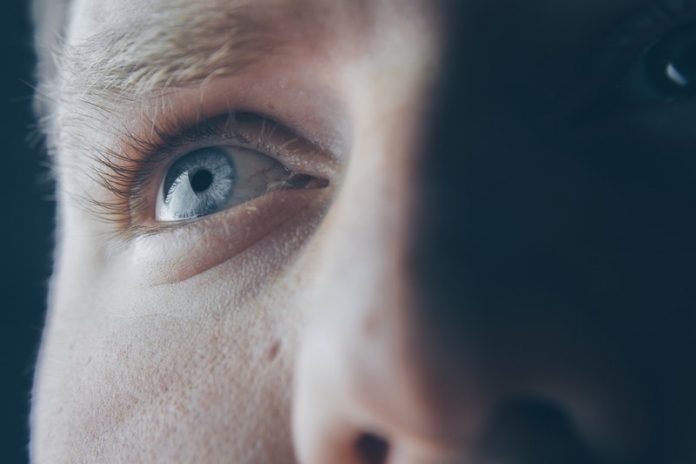
In a study from Mayo Clinic, researchers found pictures of the retina may someday provide early warning signs that a person is at an increased risk of stroke and dementia.
Studies have shown that people with severe retinopathy, damage to the light-sensing tissue at the back of the eye, are more likely to have a diseased-looking brain on magnetic resonance imaging (MRI).
But a retinal photo that shows a magnified look at the back of the eye, including the retina and optic nerve, is cheaper and faster to perform than an MRI.
In addition to the eye doctor’s office, retinal photos could be taken by a smartphone camera or via a smartphone adapter.
In this study, researchers examined the association of retinopathy with stroke, dementia, and the risk of death in 5,543 adults (average age of 56 years) between 2005 and 2008.
Compared with participants not diagnosed with retinopathy, those with retinopathy were:
More than twice as likely to have had a stroke; almost 70% more likely to have dementia; and more likely to die within the next 10 years, with each increase in the severity of retinopathy conferring a higher risk of death.
The team says if you have retinopathy, work closely with your primary care doctor to alter your vascular risk factors and ask to be screened for cognitive impairment.
You may be referred to a neurologist for evaluation and possibly a brain MRI.
If you care about stroke, please read studies about antioxidant drug that could protect against stroke and heart attack, and drug combo that could halve the risk of heart attack, stroke.
For more information about brain health, please see recent studies about keeping your brain active that may delay Alzheimer’s dementia 5 years, and results showing that Mediterranean diet may strongly prevent dementia, memory loss.
The study was presented at International Stroke Conference 2021. One author of the study is Michelle P. Lin, M.D., M.P.H.
Copyright © 2022 Knowridge Science Report. All rights reserved.



